- Home
- About LASEPA
- Departments
- Zonal Office Directorate
- Noise Control Department
- Water & Land Pollution Control Department
- Research and Development Department
- Chemical & HMM Department
- Natural Resource Protection
- Laboratory Services Department
- Enforcement Department
- Finance and Accounts Department
- Internal Audit Unit
- Admin & Human Resources Department
- Public Relations Unit
- Billing Unit
- Information, Communication Technology Unit
- Environmental Sustainability (E-Waste And Plastic Solution) Unit
- Hydrocarbon & Gases Storage Unit
- Data Management, Enquiries & Complaints Unit
- Legal Unit
- Engineering Unit
- Budget & Planning Unit
- Procurement Unit
- Air Quality and Emission Control Unit
- Monitoring and Compliance department
- Partnership Grants Managements and Innovation Unit
- Environmental Laws
- Regulatory Services
- Press
- Air Quality
- Trade | Các mẹo chơi xóc đĩa Sunwin dễ thắng nhất | Lagos State Environmental Protection Age…
- Trade | Các mẹo chơi xóc đĩa Sunwin dễ thắng nhất | Lagos State Environmental Protection Age…
- Home
- About LASEPA
- Departments
- Zonal Office Directorate
- Noise Control Department
- Water & Land Pollution Control Department
- Research and Development Department
- Chemical & HMM Department
- Natural Resource Protection
- Laboratory Services Department
- Enforcement Department
- Finance and Accounts Department
- Internal Audit Unit
- Admin & Human Resources Department
- Public Relations Unit
- Billing Unit
- Information, Communication Technology Unit
- Environmental Sustainability (E-Waste And Plastic Solution) Unit
- Hydrocarbon & Gases Storage Unit
- Data Management, Enquiries & Complaints Unit
- Legal Unit
- Engineering Unit
- Budget & Planning Unit
- Procurement Unit
- Air Quality and Emission Control Unit
- Monitoring and Compliance department
- Partnership Grants Managements and Innovation Unit
- Environmental Laws
- Regulatory Services
- Press
- Air Quality
- Trade | Các mẹo chơi xóc đĩa Sunwin dễ thắng nhất | Lagos State Environmental Protection Age…
- Trade | Các mẹo chơi xóc đĩa Sunwin dễ thắng nhất | Lagos State Environmental Protection Age…


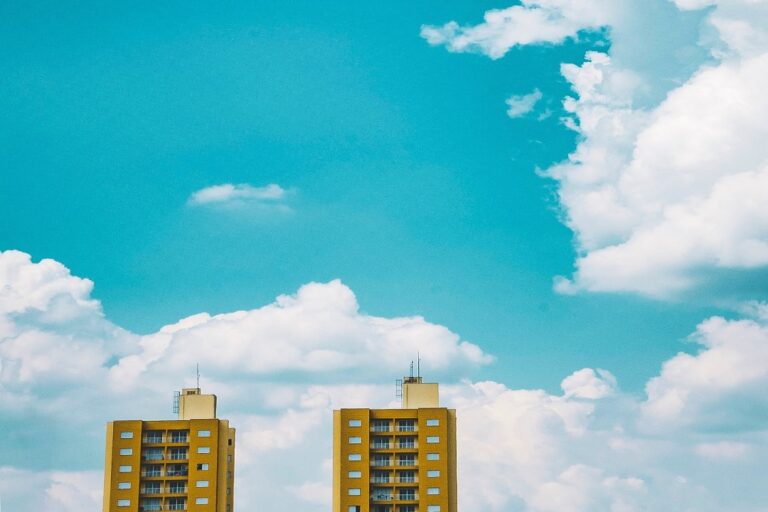
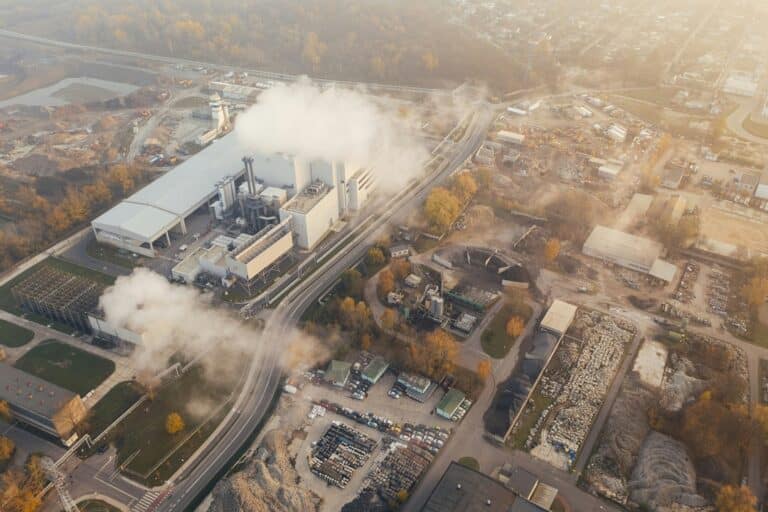

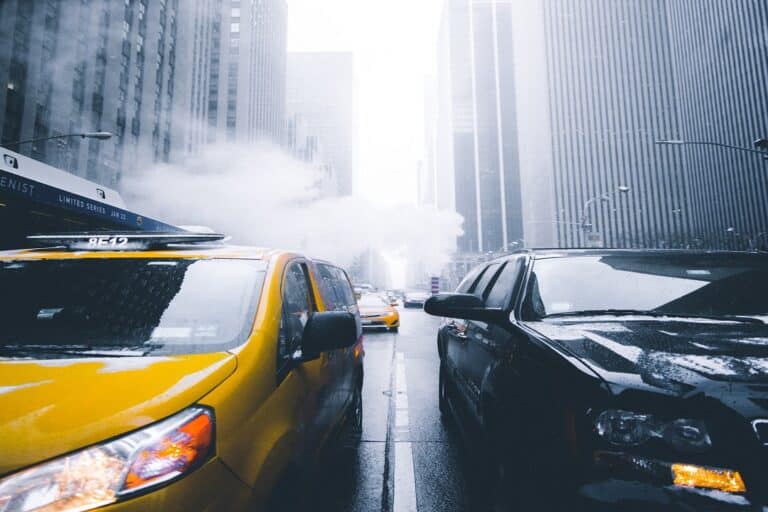
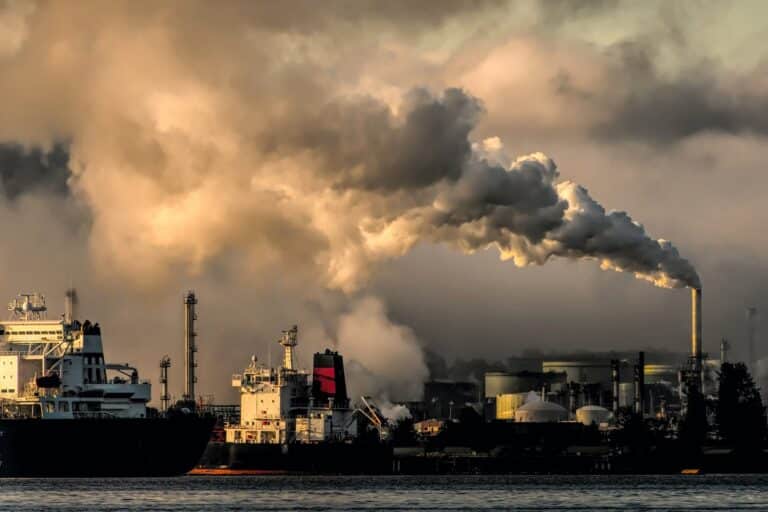
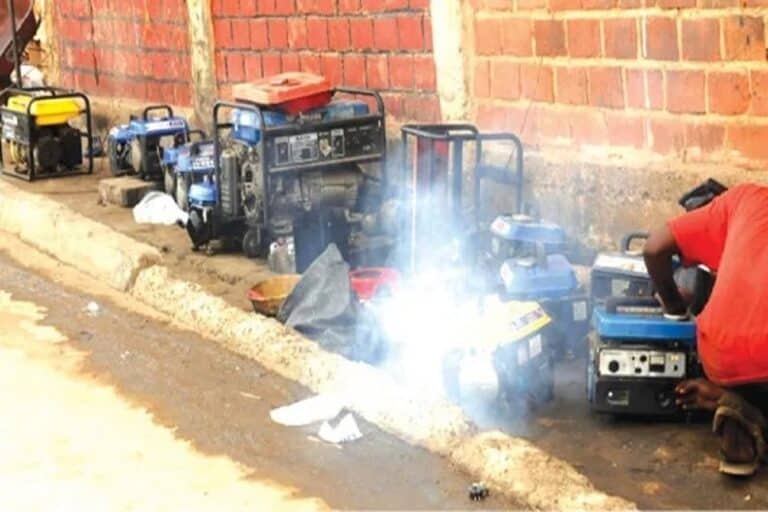
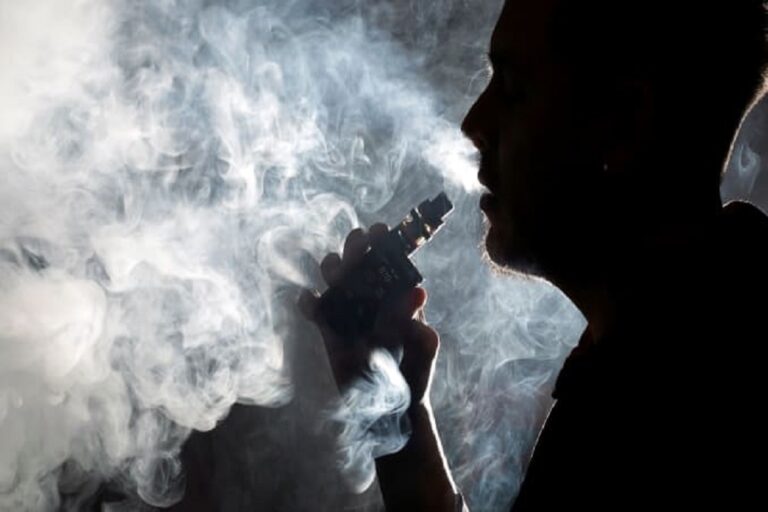
AIR QUALITY AND EMISSION CONTROL UNIT

Functions
MANDATE – EMISSIONS CONTROL
Section 182, Sub-Section 1 and 2.
All Emissions from vehicles, plants and equipment including generating plants in residential, commercial and industrial areas with the state shall meet air emission standards prescribed by the Agency.
As from the commencement of this Part, a person who sells or maintain any Plant and Equipment including electricity generating Plants and other plants with an emission level above agreed emission standards subject to the provisions provided on the regulation to this part, shall apply for a permit from the Agency which shall be granted with or without any condition.
CONTROL MEASURES
Organizes stakeholders’ meetings/workshops/seminars with professionals and associations on clean air product practices/technologies to prevent pollution of the state’s pristine environment.
Sensitization and enforcement of the ‘No-smoking’ in public places law.
Pollution Prevention Techniques.
Prompt response to infractions on air and noise pollutions.
Alternate Dispute Resolution amongst parties on air pollution.
Public Awareness and Sensitization/Advocacy Programs
EMISSIONS CONTROL
Q7. What is Air Pollution?
Ans. Air Pollution is the presence or introduction into the air, substances that are harmful to human health and the Environment.
Q8.How can Air quality be improved?
Ans.
1. Air quality can be improved by encouraging Low emission technologies and by controlling emission discharge from source i.e. Industrial, Vehicular and Power generation.
2. Reduction of the use of fossil fuel and encouragement of the use of Ultra Low-Emission Vehicle (ULEV) (i.e electric, gas, and hydro cars), and regular Emission Test on vehicles at Test Centers i.e. Lagos State Computerized Vehicle Inspection Service (LACVIS), also the introduction of catalytic converter in vehicles to further reduce emission discharge.
3. Retrofitting of Generators and Machines in Residences, Industrial and Commercial facilities and encouragement of a switch to renewable energy like Solar.
Q9. When is Emission Discharge Permit required from the Agency?
Ans. Emission Discharge Permit is obtainable for Machines and Generators that discharges soot, whilst retrofitting or replacement of the Machines or Generators is being carried out. This Permit is Time bound.
SANTIONING OF ERRING FACILITIES
Q10. When there is contravention of the Law and facility is sealed for non-compliance, what is the procedure for the abatement of the infraction that led to the sanctioning of the facility and the process for re-opening?
Ans.
Request for reopening shall be made in writing to the General Manager, 72 hours after the closure with an undertaking to ensure compliance to environmental standards and a Timeline Action Plan to abate all infractions is submitted along.
Contravention fine is paid according to Polluter-Pay-Principle.
Compliance directives are issued by the Agency.
The Agency will thereafter monitor the facility to ensure compliance to mitigation plans upon reopening.
Q11. Why is Pollution fine paid after sanctioning of facility?
Ans. Pollution fine is the statutory fee paid to government for contravention of Environmental Laws. It also serves as deterrent to others.
WHAT IS YOUR EXPERIENCE?
Q12. How is Public complaint reported to the Agency?
Ans. Complaints are reported through;
Letters and petitions to the office of the General Manager.
Use the link on any of our social media platforms bio to register an official complaint. (http://bit.ly/EnvironmentalInformationForm)
Telephone : +2347046351295, +2348150458639
DEPARTMENTS / UNITS
- Zonal Office Directorate
- Noise Control Department
- Water & Land Pollution Control Department
- Research and Development Department
- Chemical & HMM Department
- Natural Resource Protection
- Laboratory Services Department
- Enforcement Unit
- Finance and Accounts Department
- Admin & Human Resources Department
- Billing Unit
- Information, Communication Technology Unit
- Internal Audit Unit
- E-Waste Management Unit
- Hydrocarbon & Gases Storage Unit
- Public Relations Unit
- Data Management, Enquiries & Complaints Unit
- Legal Unit
- Engineering Unit
- Budget & Planning Unit
- Procurement Unit
- Monitoring and Compliance department
- Air Quality and Emission Control Unit
- Partnership Grants Managements and Innovation Unit
- Home
- Air Quality
- Trade | Các mẹo chơi xóc đĩa Sunwin dễ thắng nhất | Lagos State Environmental Protection Age…
- Trade | Các mẹo chơi xóc đĩa Sunwin dễ thắng nhất | Lagos State Environmental Protection Age…

